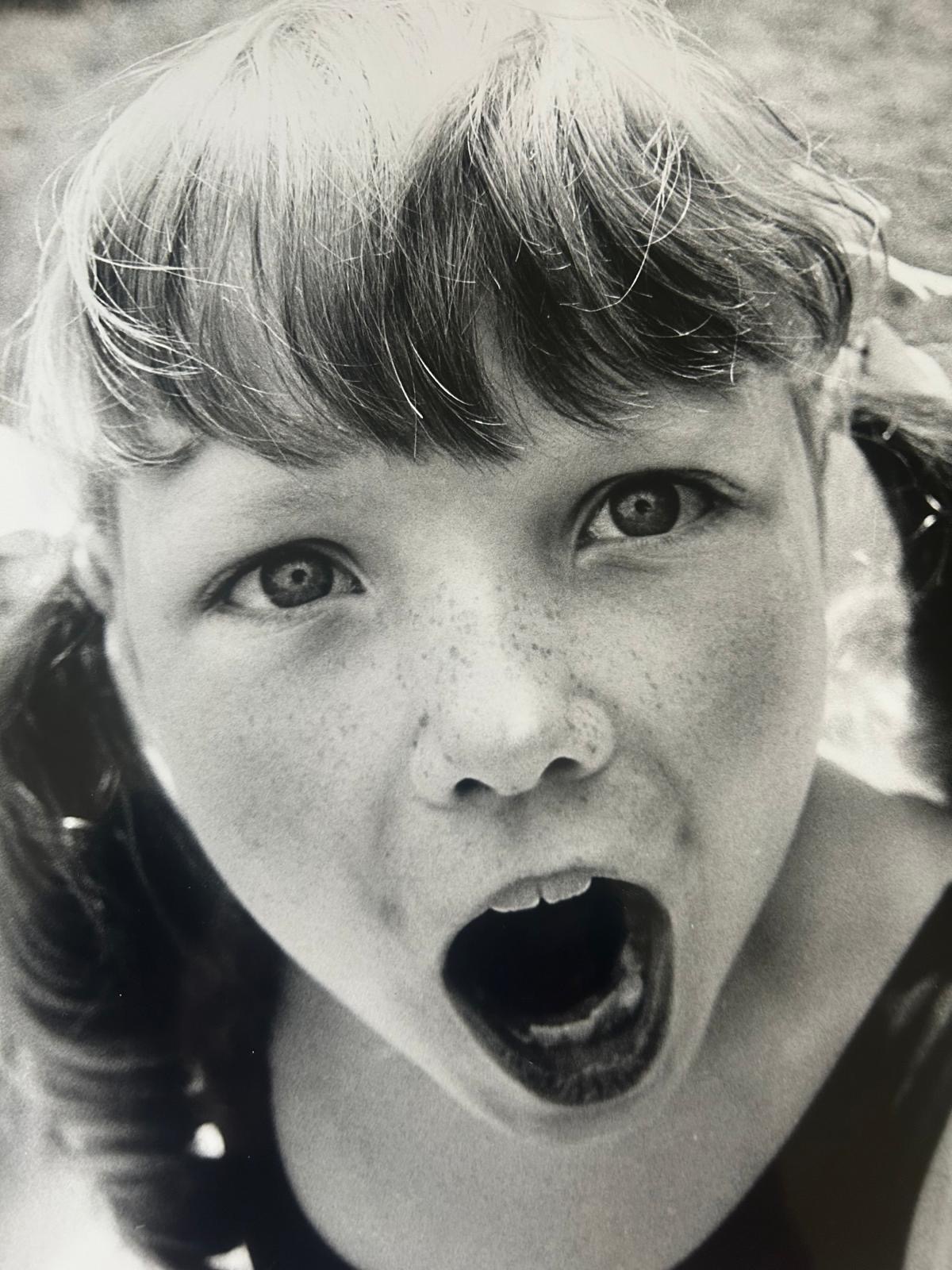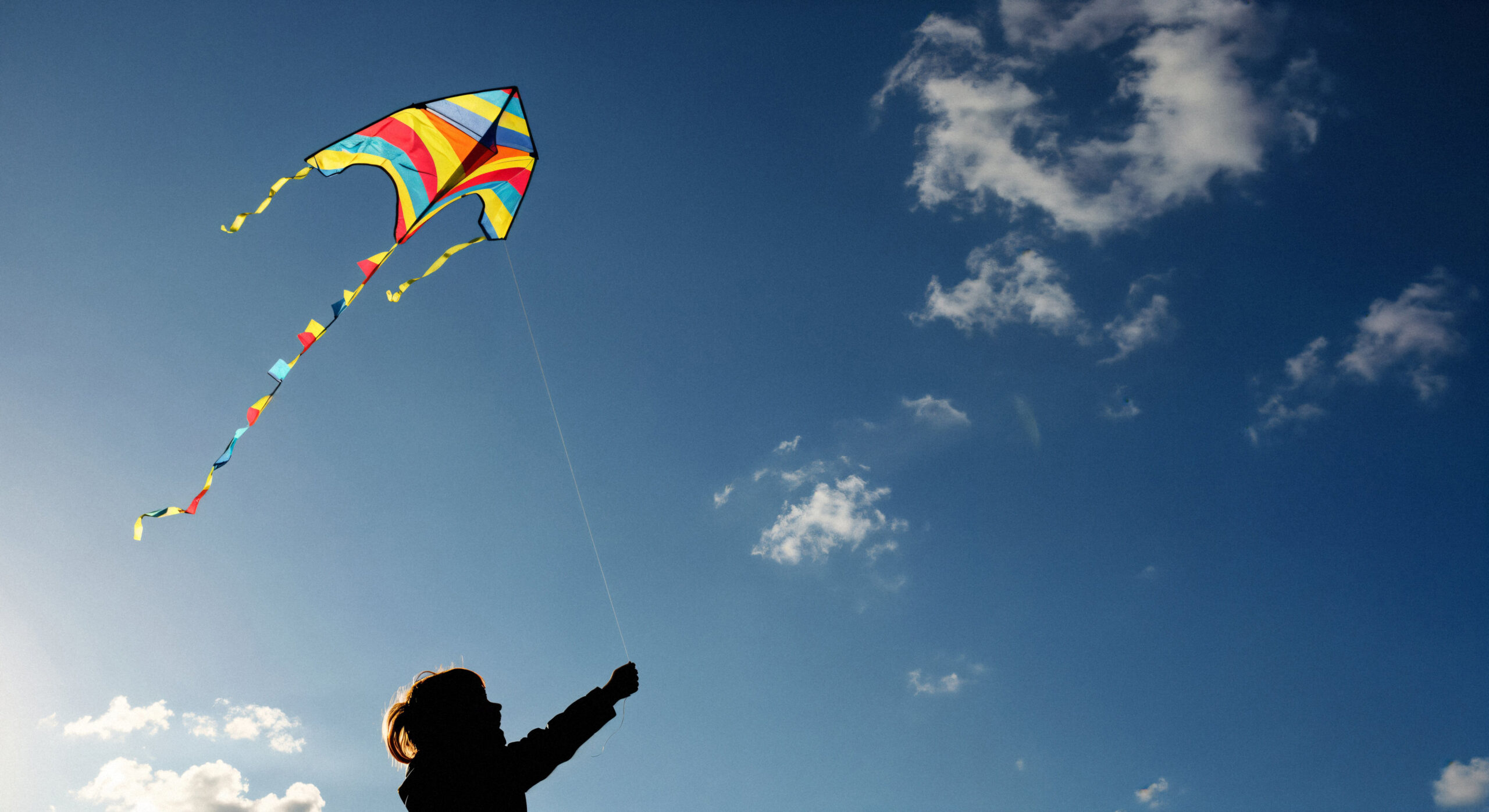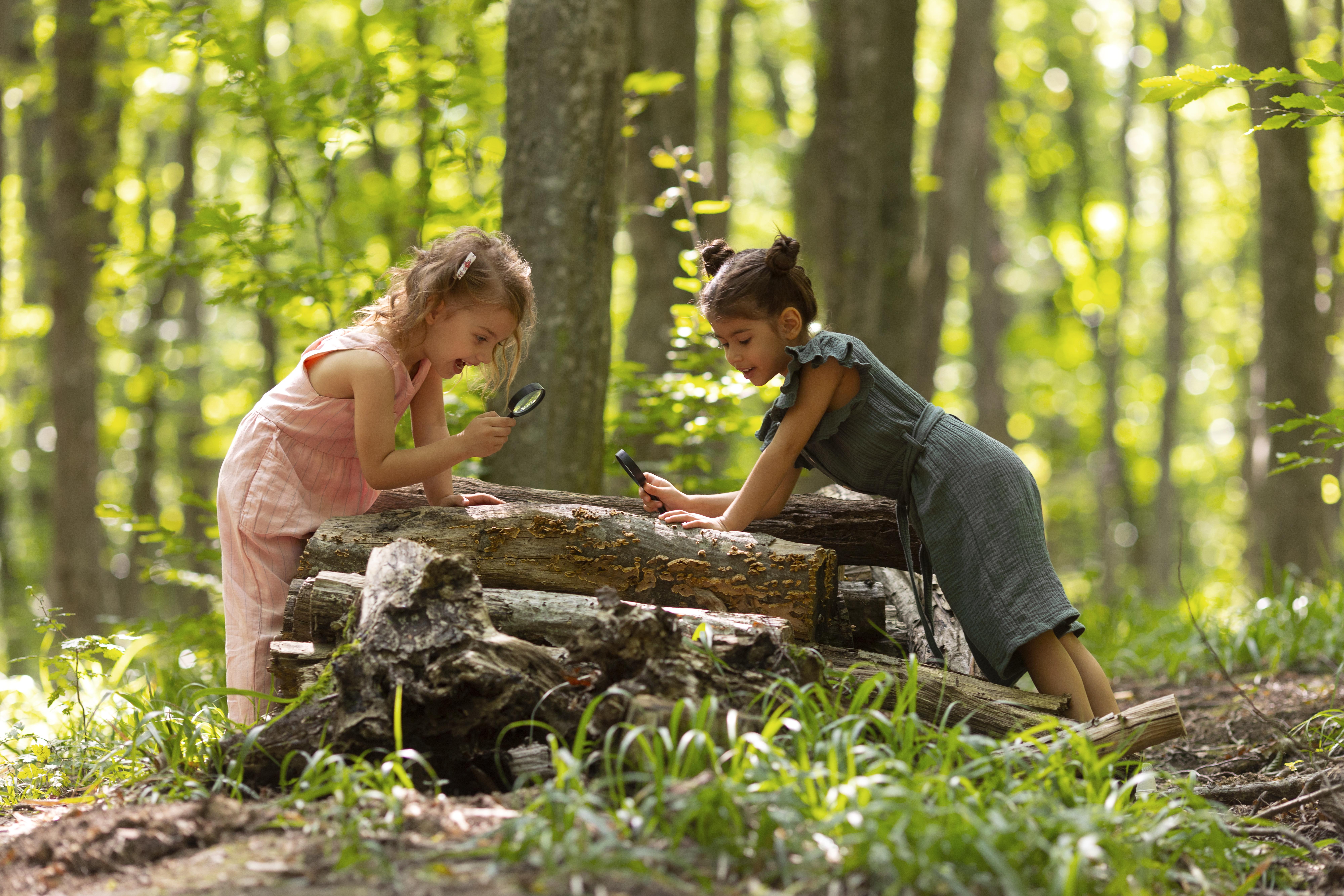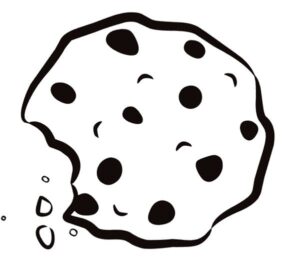“The secret of genius is to carry the spirit of the child into old age, which means never losing your enthusiasm.” Aldous Huxley.
What space do we leave in our adult lives for chances to feel true, unadulterated joy?
Since losing both my parents, I have had the privilege of more time in my life, but needed to work hard to be in the right headspace to feel pure joy. As I romped in the sea off Black Rock Sands in Wales, letting the waves lift me, feeling its warmth on my skin – a smile spread over my face which couldn’t have been replicated in any other way. A sole figure, watched on by my incredulous husband, I felt free in the most uplifting of ways. Why? Maybe the spontaneity of the waves, seemingly calm then tumultuous, taking your breath as they enfold you, created a feeling that had been lost from my life for a while.

My 9-5 (in reality 7-7) job in teaching was perfectly matched to me in many ways, in that the predictability of a timetabled day was ‘safe’ to me, who needed routine and control. Equally, you can never full predict (or would want to) what the children will do or say and almost every day without fail, I would laugh or smile at some unexpected occurrence, like those waves crashing over you on that beach.
Working with children has been a gift, but sadly the education system (particularly in recent years) does not always allow for much creativity or freedom for children to be children. My fondest memories of the job looking back will always be the following:
- End of year visits to the beach for sandcastles, fish and chips and swimming in the sea.
- Residential stays with zip wires, kayaking, card games before bed and PJs.
- Musical productions replicating the likes of Oliver, Joseph, Bugsy Malone to cheering audiences.
- Cooking adventures (or chaos!) after school creating smoothies, shortbread and pizzas.
What do you notice? Is it that one Maths lesson that I recall? Is the feedback from the Ofsted inspector? No – the opportunities schools create for joy and wonder will be the ones which endure for a lifetime. I feel so grateful to have worked for Headteachers who allowed me the freedom to be creative and were encouraging of my ‘wild and wacky’ ideas- which occurred quite regularly. At the start of my career, risk assessments were there but were not a straight- jacket to restrict you. Sadly, I fear for the climate that I have left, which is substantially more restrictive.
If children are not offered chances to feel unbounded joy, what chance do we have as adults?
Initiatives and societies such as Scouts and Forest Schools help keep this drive to utilise nature’s playground but sadly technological advances have tempted children away from some pleasures we sought.
The best schools have to be the ones where they take every opportunity to get outdoors. I recall leading story time on the field sheltered under a tree, far more than I remember it in the classroom with children sat at desks. I have lasting memories of a visit to the local pond, where we lay staring on the grass ‘sky bathing’. Not a school could be heard other than the chirping of birds. These experiences must not just be reserved for village schools. It is our duty to strip everything back and just ‘be’ and the way that Forest Schools can engage even the most challenging of children is astounding.
What child wouldn’t like making things out of sticks and toasting marshmallows by the fire?
Two of my treasured childhood books were ‘When we were very young’ and ‘Now we are six’ by AA Milne. I was fascinated to discover that AA Milne wrote the books for his son Christopher Robin. But what was meant to entertain and honour his son, ended up being a poisoned chalice as Winnie the Pooh and other literary icons from his imagination, became all he was known for. AA Milne painted with his words, an idyllic picture of what childhood could be. The image of Christopher Robin playing ‘poohsticks’ in the quintessentially English setting is etched on my mind, as it will be for many of us. The fact that these creations led to a far from idyllic childhood for his son, is sad and ironic.

Many parents try to shield their children from the grim realities of life, which will come their way soon enough. Not watching the news, holding their toddler’s hands down a slide, not letting them cross a road alone and determining their own programme of after-school activities, are all known examples of this. But do these same parents let their children have a phone, be open to all that social media lures them towards and far earlier than is needed or healthy. Shocked does not adequately describe my reaction when discovering that latest statistics show 1 in 5 children aged 3-4 have a phone. What kind of society are we living in where this is in anyway acceptable or justifiable? The world AA Milne (and Enid Blyton) created of stone skimming, adventures in the woods and midnight feasts may be somewhat sanitised and idealistically unachievable in the 21st century. But it is these ventures, ones led by nature and not technology, which will burn long in our memories, not playing on a phone or watching a You Tube clip.
So, if we are to ‘carry the spirit of the child into old age’ as I did when I jumped the waves, we need to make sure our children still have the chance to experience pure, unbounded joy where they laugh until it hurts, blow bubbles watching where they land and make daisy chains until the sun sets.

As adults, many of us scarred by life and trauma, also need to leave space for joy and peace to enter. For some it may be riding a bike, climbing a mountain or for me, braving the cold water. Even when our biological clocks are begging us to slow down, it doesn’t have to mean less joy, less laughter. I have laughed more in recent months when unburdened by a school timetable and caring duties. I feel like that wide-eyed girl I was at 7!
It can be fun embracing your inner child and we must not let it fade!
Blog written by Jo Gotheridge 4 .9.25

So sad to hear 3/4 year olds have own phones, even my 15 year old, who loves his phone, said “Thats ridiculous!” When I told him.
The peace and calm from being outside is essential for mental well-being and I think you can always tell which children are always on tech a lot at home, so it does have a big impact.
I completely agree with the value of play for children and adults! The laughter and interaction you can have from a multi-generational game of beach cricket, or a board game is hard to find elsewhere.
I am grateful that my three boys grew up when it was unusual for a child to have a phone. But even with basic screens, Wednesday evening was ‘screen free’, and once they got used to the idea, they were so creative in their play. We used to take our touring caravan to France – no screens – and the boys would spend a wonderful two weeks on bikes, swimming, playing badminton and their favourite ‘rude scrabble’. (They were at the toilet humour stage!)
Sadly, what schools often now need to do is to teach children how to play – but its so worth the effort!
I agree Zoe and thank you for the comments. I think things like Scouts and residentials really helped my daughter become more resilient and appreciate screen-free time. Mind you, I did once book a wi-fi free cabin in Devon when she was about 11 and it wasn’t the best idea!